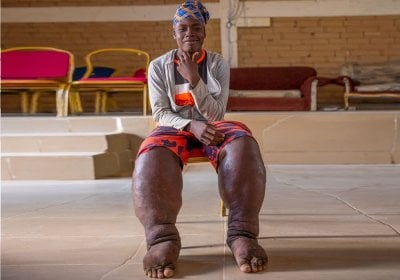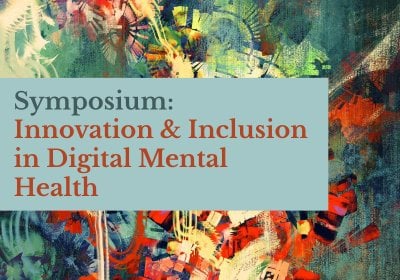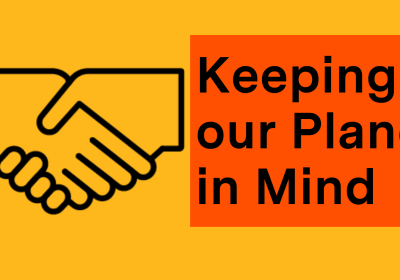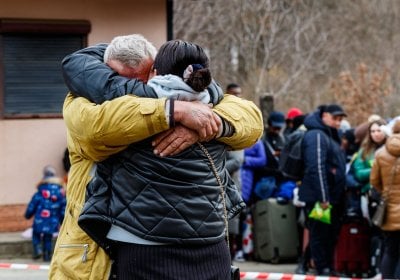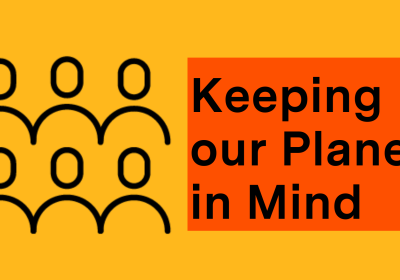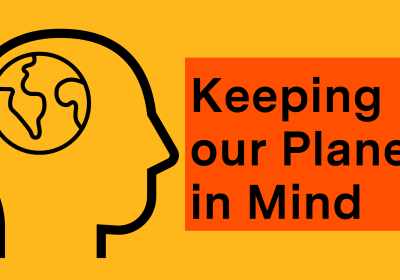International conference on Mental Health and Cultural Diversity: Exploring transformative practice and service models
It is estimated that approximately 450 million people worldwide experience mental ill health. 1 in 4 families worldwide is likely to have at least one member experiencing mental ill health or behavioural difficulties. We know that attitude towards mental ill health vary among people from different cultures, ethnic background and countries. Mental ill health is stigmatised in many cultures forcing people to live in denial or preventing them from seeking help when they require it. Ethnicity and cultural diversity affects perception of mental ill health and service access and utilisation.
The aim of the conference is to discuss and debate a range of appropriate and acceptable services for people from diverse cultural communities around the world. This conference is for medical, health and social care professionals and service providers, including psychiatrists, psychologists, nurses and social workers and educationalists. This conference is also for service commissioners, service users and carers, academics , policy makers, and voluntary sector organisations.
CALL FOR PAPERS - see conference website for more information http://emh-dmu.org.uk/
The twitter conference tag #mhcd2016
Conference Themes:
- Mental health and cultural diversity
- User and carer perspectives
- Cultural perspectives and practice development
- Transformational practice
- Culturally appropriate assessments
- Cultural appropriateness of interventions
- Spirituality and mental health
- Dementia and cultural perspectives
- Service models
- Global mental health narratives
- Cultural and critical psychiatry
- Culturally appropriate nursing care
- Social works with diverse cultural communities
- Disability and mental health
- Volunteering and service perspectives
- Mental health promotion
- Cultural competency in practice
- Education
- Therapeutic perspectives
- Family-centred approaches
- Policy and service development
- Service commissioning
- Co-production
